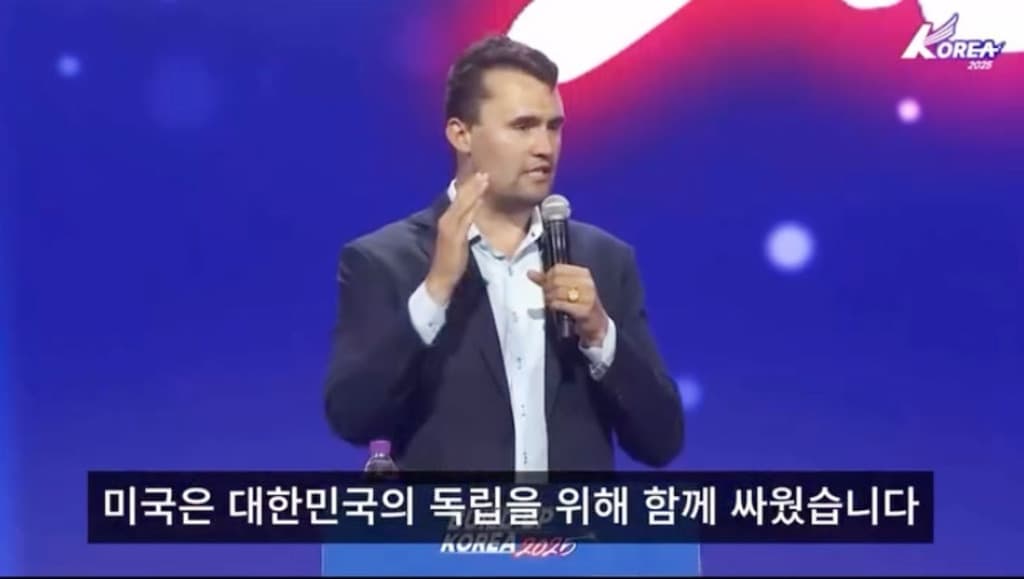Charlie Kirk's South Korea Tour Emphasizes "Inconvenient Truths" to Youth

Conservative activist Charlie Kirk recently concluded a trip to South Korea, where he delivered speeches focusing on what he termed "inconvenient truths" and aimed to inspire a younger generation. The visit, highlighted by journalist Jonathan Choe, saw Kirk engage with audiences, particularly addressing the Korean American community with messages intended to guide those perceived as having "lost their way." Choe, a journalist known for covering Asian American issues and conservative viewpoints, publicly endorsed Kirk's efforts, stating, "Charlie Kirk was an amazing global ambassador. During his recent trip to South Korea, he spoke inconvenient truths. But he also encouraged a generation that has lost its way."
Kirk, the founder of Turning Point USA (TPUSA), a prominent non-profit organization, is known for advocating conservative values and principles among high school and college students across the United States. His international engagements, often under initiatives like FrontlinesTPUSA, extend this mission globally, seeking to connect with diaspora communities and promote conservative thought abroad. These efforts are part of TPUSA's broader strategy to cultivate a conservative youth movement internationally.
The outreach to Korean Americans underscores TPUSA's strategic goal of engaging diverse communities and fostering conservative ideals beyond American borders. Jonathan Choe's strong recommendation, "Every Korean American must watch this," suggests Kirk's message resonated deeply within certain segments of the community. Such engagements aim to offer alternative perspectives to young people navigating complex modern challenges, often touching on cultural, political, and social issues.
Kirk's addresses typically focus on themes such as free markets, limited government, individual liberty, and traditional values, often critiquing progressive ideologies. His presence in South Korea, a nation with significant geopolitical and cultural relevance, indicates a strategic effort to expand the reach of conservative ideas. The impact of these discussions on Korean American youth and the broader South Korean society remains a key point of interest for observers of international conservative movements.